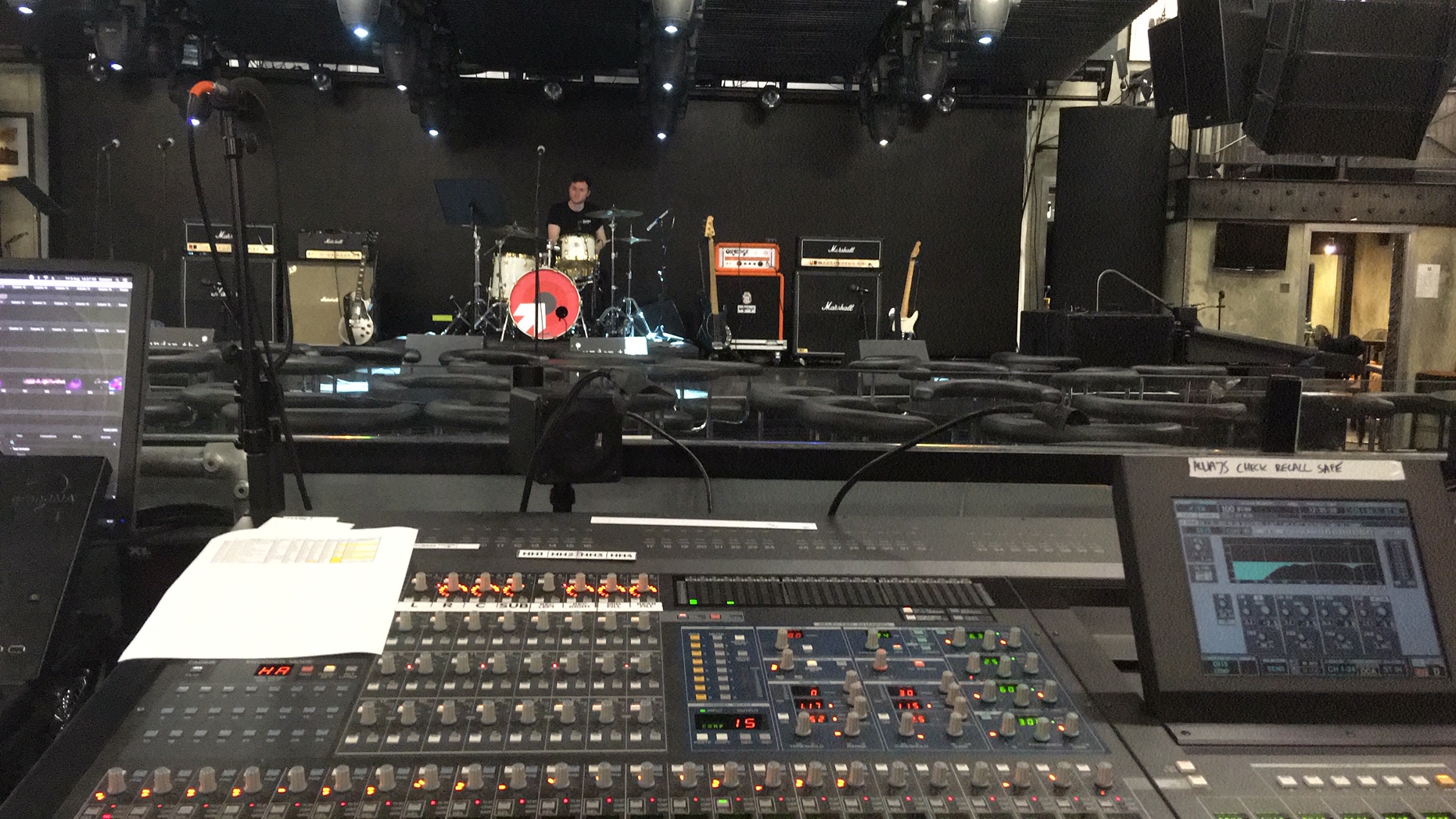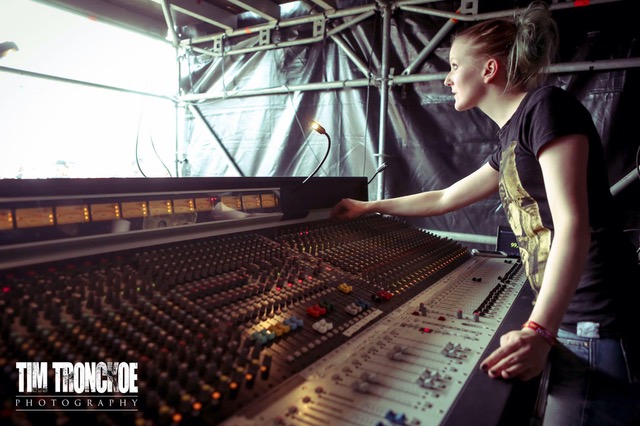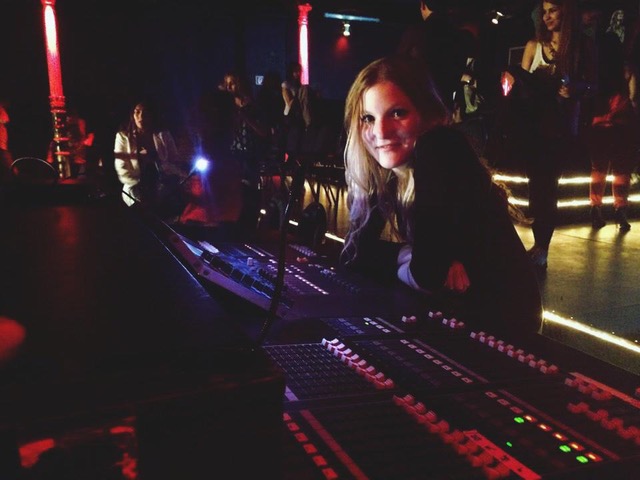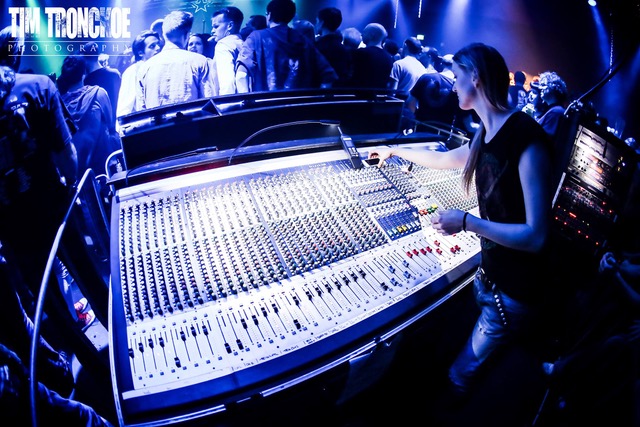
So you Think you Want a Career in Live Sound.
Are you sure?
I’m not saying it’s a bad idea; I think it’s fantastic as long as you are doing it for the right reasons.
I have been working in live sound for 30 years, and even though it can be grueling at times, I’ve never felt like I was ‘working.’ My passion for music is what drives me. The camaraderie of my fellow touring crew and the opportunity to travel to and experience different places and cultures are all perks of the job. When I first discovered my desire to get into this crazy business, it was so strong that nothing was going to convince me to do anything else.
That passion and desire have helped me through the struggle of the early years, years of building my skills and experience, hustling to get enough work, the jobs that weren’t my dream job but essential to learning what I needed to know for my next job.
It’s good to have an end goal in mind for where you want to be. Equally important is to clarify your motivations so you can be sure that your expectations are aligned with the realities of the job.
Here are some questions to ask yourself.
What exactly do you want to do?
What is your ultimate goal? Why?
What do you envision that being like?
What is the driving force behind it?
What do you feel you are going to get out of it?
How badly do you want it? In other words, how hard are you willing to work to achieve it?
What do you imagine this path being like? What is the first step?
Are you prepared to move around a lot?
How are you going to set yourself apart from all the other people who want to do the same thing?
How do you feel about getting filthy, sweaty, doing a lot of physical work and some heavy lifting?
How do you feel about working nights and weekends, holidays, and stupid hours?
If your goal is to go on tour with a band, can you live out of a suitcase for weeks/months at a time, and without all the comforts of home?
Are you a self-starter, responsible and dependable or do you just want to mindlessly punch a clock and surf Facebook all day?
How good are you at building connections and networking?
These are all things to consider when before choosing live sound as a career.
If your motivation is to make a lot of money, hang out and party with your favorite band, or just because you like music, you probably won’t make it. I’m not trying to burst your bubble but realistically – yes you can make a lot of money in live sound, corporate work pays great and touring sound engineers can make good money, but it can take a long time to get to that point.
As far as hanging out and partying with the band, let’s think about that. The band is your boss, and while yes, at times you can and will develop great friendships with the people you work for, there is a fine line between employee and friend. You need to know your place, and as crew, it’s not backstage partying with the band when loadout is going on. You are there to do a job, this a business like any other and as much as we don’t want to believe it, it’s about making money- money for the artist, their management, the promoter… All of which depends on each person doing their job.
You love music, that’s great. That’s a good start but is it your passion? Is it something you are willing to bust your butt for, to work 16 hour days getting dirty and sweaty? To slug it out in smelly bars and clubs if you are trying to cut it as a mixer? Or working as a grunt on the audio crew for tour after tour until you are experienced enough to be the system tech?
Having a sincere passion and strong desire is a great start. Getting your expectations in check is also helpful, which is where these questions come in.
In fact, you could ask yourself most of these questions about anything you are going after in life.
-What is it I want?
-Why do I want it?
-How do I expect to feel when I have it?
-Are my expectations in line with reality?- Talk to people who are where you want to be for a reality check.
-How hard am I willing to work for it?
Answering honestly will help you clarify if you are on the right path for you.
I wish you success in whatever path that is!
For more from Michelle, check out https://www.mixingmusiclive.com




